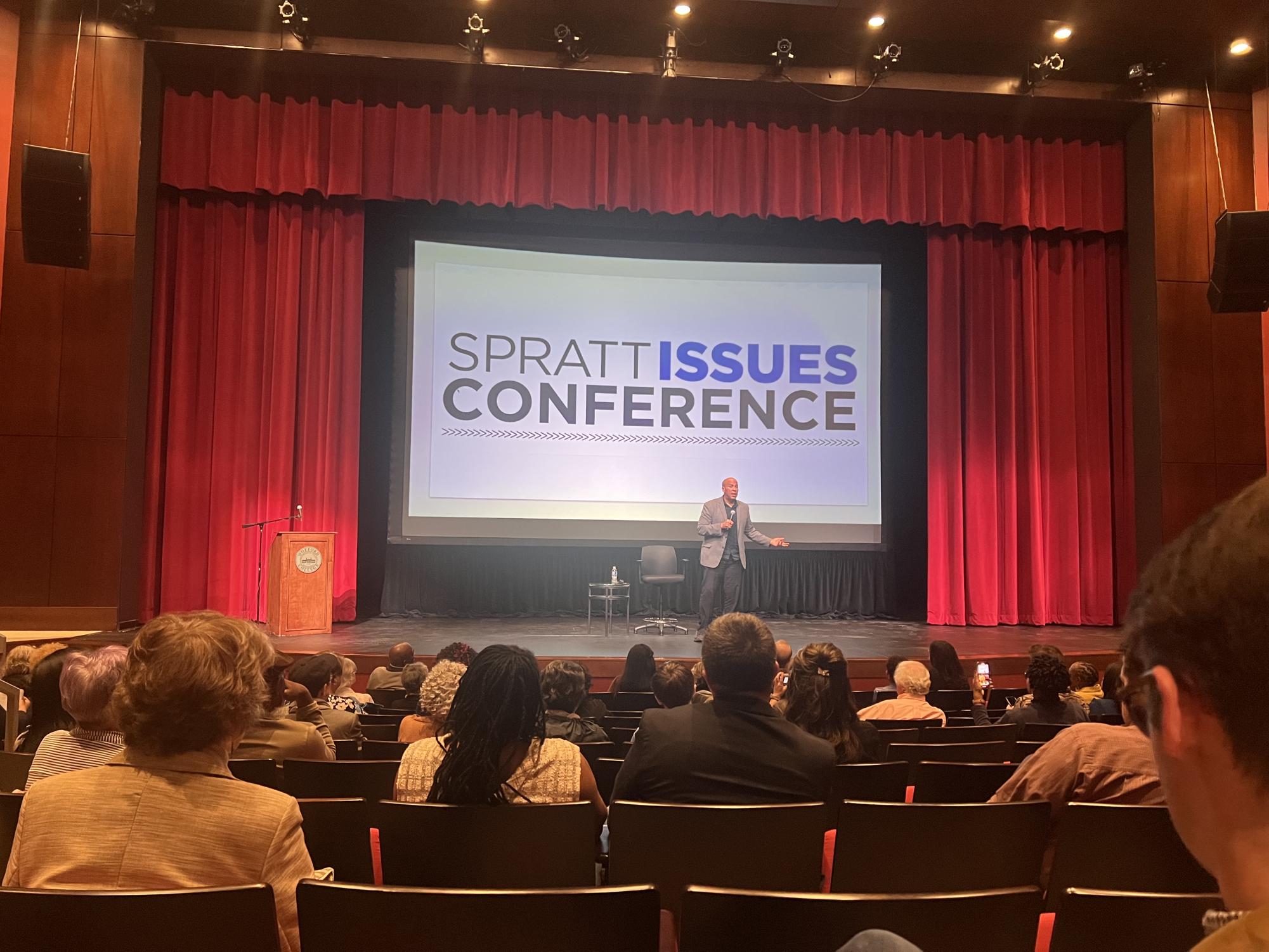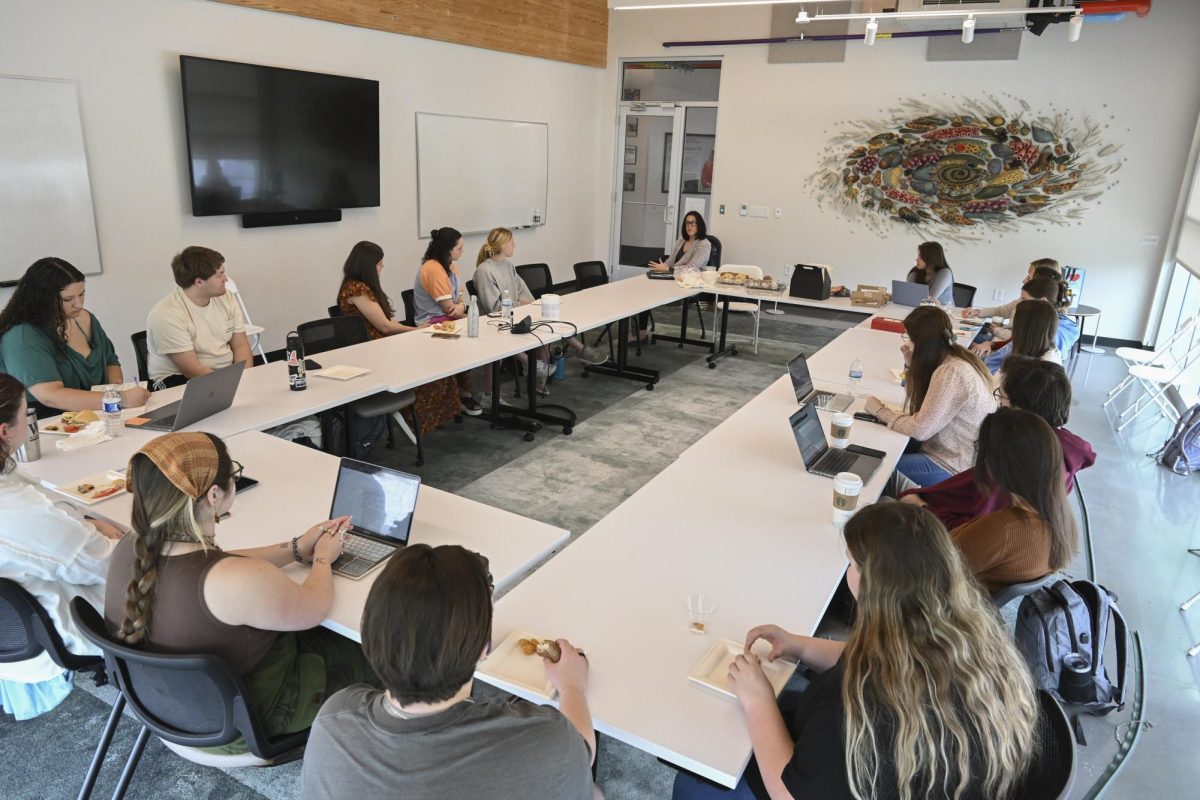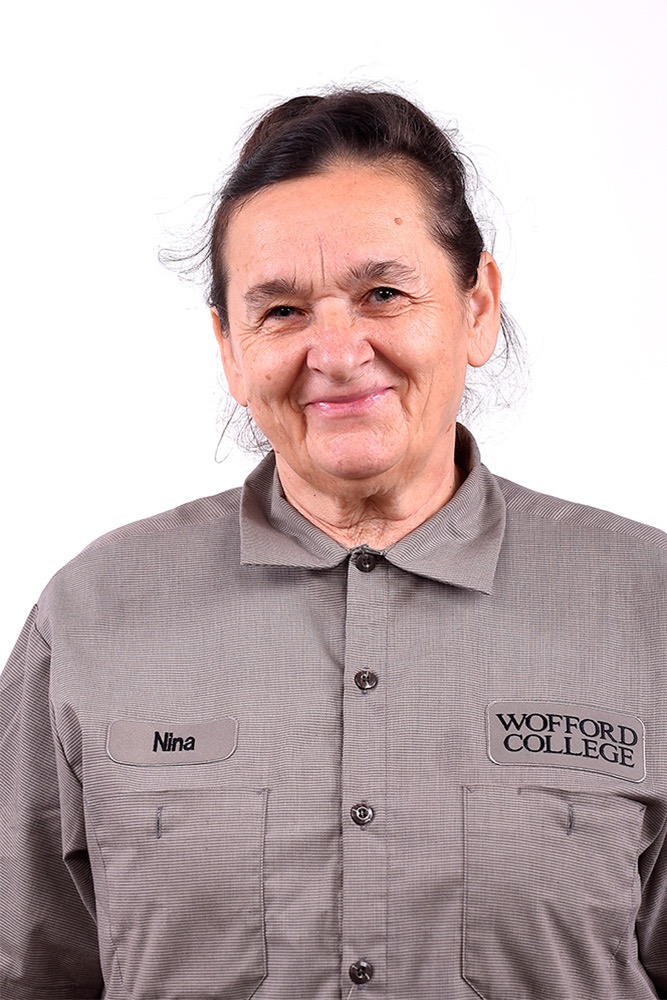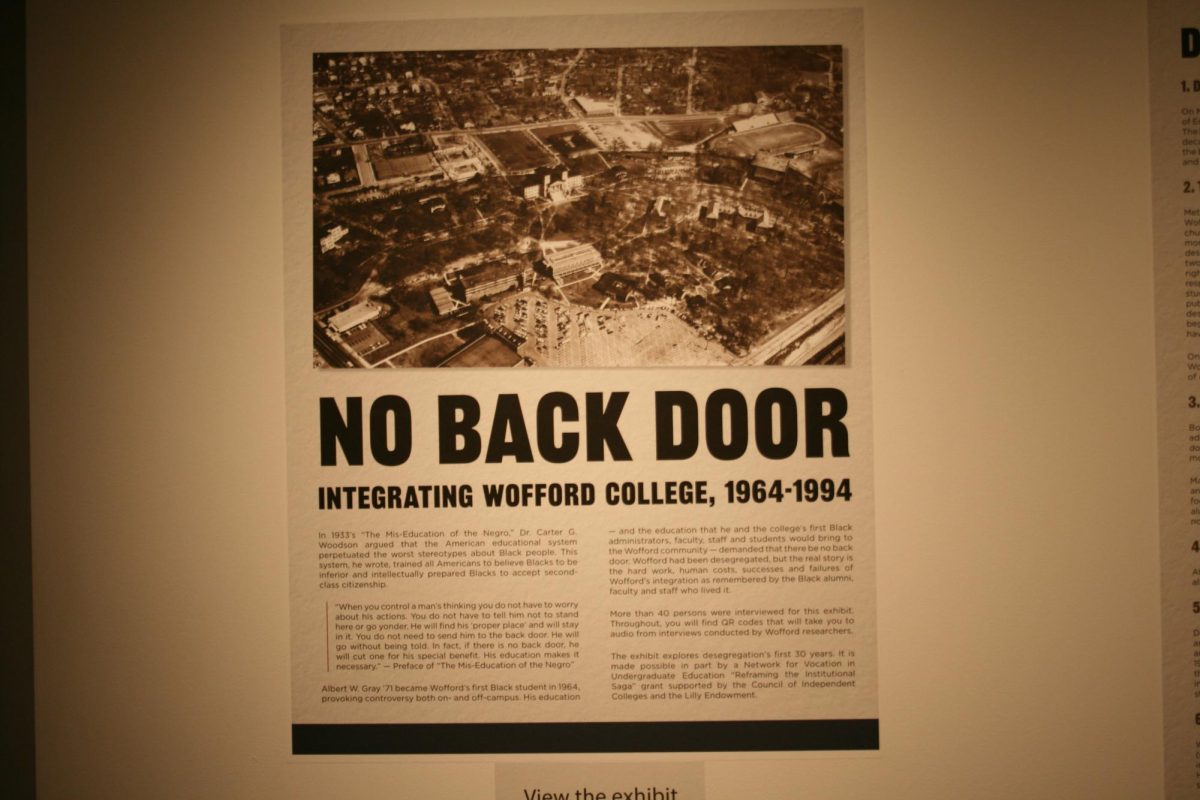The first Upstate Spratt Issues Conference was hosted by the South Carolina Democratic Party in the Rosalind Sallenger Richardson Center for the Arts on Nov. 18.
Students left for Thanksgiving break on Nov. 17, but there was a small group of Wofford students representing Wofford College Democrats who stayed on campus and volunteered with the event.
The Spratt Issues Conference of the SCDP was directed toward educating the community on issues regarding health care, abortion laws and community engagement.
The beginning of the day started with a panel on healthcare.
Specifically, the panel discussed the impact of abortion bans on SC women’s health. Vicki Ringer of Planned Parenthood served as the moderator, and Dawn Bingham, an OBGYN who ran for a seat in the South Carolina Senate in 2020, served on the panel.
State representatives Chandra Dillard and Rosalyn Henderson-Myers were present, along with Ashley Lidow of the Women’s Rights and Empowerment Network of South Carolina.
The panelists engaged in a thorough discussion on how the recent overturning of the Supreme Court decision of Roe v. Wade and the South Carolina six-week abortion ban has impacted women’s health care in the state.
Both citizens and doctors alike are being forced out of state to either seek abortion care or practice medicine in a state that allows it.
According to Bingham, 1-in-4 women seek out abortion care nationally. Additionally, medical professional education has shifted since the abortion ban in South Carolina.
Bingham also teaches at the University of South Carolina School of Medicine. She expressed the need to send doctors to other states to get training on how to deal with conversations regarding abortion care.
“We are having a hard time recruiting physicians (of all specialties) to the state,” Bingham said.
Ashley Lidow of WREN serves as a policy advocate in the state house. Her efforts to lobby for abortion care have aided in the efforts of the Democratic Party to maneuver new legislation.
Lidow praised the “sister senators” in the South Carolina Senate who filibustered the original bill and aimed to push the ban to 12 weeks. In the South Carolina House, representatives urged for amendments to the bill.
This past May, when the bill was discussed on the floor, house democrats proposed 1,000 amendments to the six-week abortion ban. The bill is titled the “Human Life Protection Act.”
Lidow, along with the other panelists, believes that state representatives and senators need to listen to their constituents. They proposed that members of the South Carolina state legislature propose a ballot referendum, allowing the people to make their voices known regarding the issue of abortion legislation.
Within a small group of student volunteers for the event was Sarah Greenlee ‘24, the vice president of Wofford Democrats. She has been a member of the organization since her sophomore year. She attended both panels and the town hall with Sen. Corey Booker.
“My biggest takeaway was the role I play within these crises and what I can do to help,” Greenlee said. “Thirteen percent of South Carolina counties do not have access to any maternity/contraceptive care.
This comes alongside a new six-week abortion ban and a total ban being promoted by South Carolina legislators. This was done recently by our all-white, (all-male) supreme court, which is the only all-white (all-male) supreme court in the country.”
Fifty-two percent of citizens that are voting age in South Carolina believe abortion should “be illegal in most cases”
While the first panel discussed women’s health care and abortion laws, the second panel of the day discussed the role of advocacy and civic engagement on the local level.
The moderator of the second panel was Marquice Clark, the principal of the Cleveland Academy of Leadership. Clark’s successful management of the school’s activities dramatically improved the school. The poverty index is 92.5%, which is an anomaly. However, under Clark’s leadership, the academy became one of the best-performing schools in the county and state.
Monier Abusaft ‘11, represents District 1 on the Spartanburg City Council. Abusaft also manages PowerUp, run by OneSpartanburg, to give minority-owned businesses access to funding and mentorship.
Jami Cokley of Regenesis, Bennie Harris, the Chancellor of USC Upstate, and Tudi Holmes of Tudi Holmes Reality served on the panel.
This second panel highlighted the urgency of local action and provided attendees with information on accessing affordable health care, housing and quality education. All of these factors contribute to community engagement, which is crucial to the efficacy of democratic institutions.
Booker recognized the importance of what is going on in Washington, DC, but hoped that the conference hosted by the SCDP would help inspire action in the local Spartanburg community.
“I came to talk to you, about you,” Booker said.
Booker was inspired to participate in politics through early involvement in local advocacy.
“Change doesn’t come from Washington, DC, it comes to Washington, DC from folks like the ones in this room,” Booker said.
Activism and advocacy set the tone for politicians on Capitol Hill. With strong interest groups and activism on the hill, the people can drive the legislative agenda.
“The power of the people is greater than the people in power,” Booker said.
Greenlee recognizes the importance of the connection between Wofford Democrats and the South Carolina Democratic Party.
“This year, there has been a huge push to work with the state party to foster more involvement and opportunity for our club members. They have been super gracious in helping Wofford students find their place within the state party,” Greenlee said. “I believe the Booker event at Wofford really helped this relationship.”
Greenlee and the chapter of Wofford Democrats helped the state party to host the Spratt Issues Conference at Wofford. The state party is working toward more collegiate involvement and, with the Senator Booker event, they are closer to the students of Wofford.
Because the Spratt Issues Conference occurred over Thanksgiving break, very few students were present on campus to attend the event, which hindered the effort for student involvement
Greenlee emphasizes the importance of local involvement and believes the Spratt conference moved toward that goal.
“To me, civic engagement is integral to a democratic society. I feel lucky to live in a place that actively encourages participation in politics from people of all backgrounds,” Greenlee said. “Our community and community members are strengthened by each and every different perspective, so the more perspectives, the better.”
Greenlee has big hopes for the work of Wofford Democrats in 2024, as presidential elections typically create an influx of political participation. The organization also plans to host events that promote voter registration in the future.
“My biggest takeaway was the role anyone can take as an activist for their community—Corey told me that he started activism in college, and look at where he is now! Any of us can achieve this as well,” Greenlee said.





